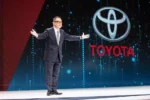The Electric Vehicle Revolution in Vietnam: Unlocking the Potential in the Second Half of 2025
Vietnam’s automotive market is poised to witness a pivotal shift in the second half of 2025 with the surge of electrified vehicles (including EVs, PHEVs, and HEVs).
From automakers’ product strategies and government support policies to shifting consumer behaviors, all these factors are collectively fueling this transformative wave like never before.
Accelerating the Quantity and Diversity of Electrified Vehicles
While the first half of 2025 witnessed a stagnant phase for the electrified vehicle market in Vietnam, the third quarter is signaling an explosion with both domestic and international brands joining the fray. Among these, hybrid (HEV) and plug-in hybrid (PHEV) vehicles are emerging as strategic choices for many automakers, offering flexible operation without solely relying on charging infrastructure, which is still undergoing development in Vietnam.
As of June 2025, the market has witnessed the introduction of numerous new electric, PHEV, and HEV models, spanning across segments from affordable to premium. Notable mentions include the BYD Sealion 6 PHEV, KIA Carnival HEV, Jeacoo J7 PHEV, DongFeng HUGE PHEV, Haval Jolion HEV, BYD Sealion 8 EV, and VinFast Green EV, each representing unique approaches to technology, design, and target customer bases.
Not only are Chinese brands accelerating market share expansion with competitively priced offerings, but Japanese automakers, known for their cautious approach, have also taken definitive steps in their electrification journey in Vietnam. Toyota, Honda, and Mitsubishi are gradually electrifying their flagship models, ranging from hatchbacks like the Yaris Cross HEV to sedans like the Civic e:HEV, and even urban SUVs such as the CR-V hybrid and Outlander HEV.
This synchronized shift underscores that the electrified vehicle game in Vietnam has entered a new phase, evolving from market experimentation to a full-fledged race in technology, pricing, and implementation speed.
Consumer Behavior Transformation: Hybrid’s Rise and EV’s Gradual Acceptance
According to surveys, up to 62% of consumers express interest in hybrid or plug-in hybrid vehicles for their next purchase, while only 21% consider EVs. This reflects a clear transitional mindset among Vietnamese consumers, indicating a preference for gradual electrification rather than a “leap” towards EVs while the infrastructure remains under development.
The primary concerns revolve around charging stations, charging times, and EV battery lifespan. In contrast, PHEVs and HEVs offer a familiar driving experience akin to traditional gasoline vehicles while delivering superior fuel efficiency and electric operation at low speeds or in urban settings.
Price Competition and Government Support as Catalysts
The pricing of electrified vehicles in Vietnam is trending towards parity with conventional gasoline vehicles, particularly with the aggressive entry of Chinese automakers. A notable example is the BYD Sealion 6 DM-i, priced at 799 million VND. This price point is considered competitive against popular gasoline SUVs like the Hyundai Tucson and Mazda CX-5, while offering superior fuel-saving technology and pure electric driving capability.
On the policy front, the upcoming revision to the Special Consumption Tax Law, expected to be passed by the end of 2025, will reduce taxes for PHEVs and HEVs. Additionally, several provinces and cities are exploring incentives such as preferential registration fees, parking fees, and priority driving zones for electrified vehicles.
Persistent Challenges: Infrastructure and Market Awareness
Despite the growing momentum for electrified vehicles, infrastructure and market awareness remain significant hurdles for Vietnamese consumers. The charging infrastructure challenge persists, with many urban apartments and houses lacking dedicated parking spaces, making home charging installations impractical. While the public charging network is expanding, it still lacks integration among providers, resulting in a fragmented and inconvenient user experience.
Moreover, consumer understanding of hybrid and plug-in hybrid technologies remains vague for most car buyers. The myriad of hybrid systems, from mild to full hybrids and PHEVs, can lead to unrealistic expectations regarding fuel efficiency or performance. Inadequate information and inaccurate advice also contribute to consumers’ hesitancy when considering electrified options.
Forecast: Second Half of 2025 – Springboard to a Pivotal 2026
Industry experts predict that the second half of 2025 will be a true breakthrough period for electrified vehicles in Vietnam.
According to a newly issued government decree, the exemption of the 100% registration fee for electric cars running on batteries will be extended for two more years, until February 28, 2027. Specifically, from March 1, 2025, to February 28, 2027, buyers of new electric cars will continue to benefit from a 0% registration fee for the first time, significantly reducing ownership costs, a crucial factor in purchasing decisions.
In tandem with supportive policies, the Vietnamese market is witnessing the arrival of several Chinese electric vehicle brands, alongside the domestic brand VinFast. As of mid-2025, at least five new energy vehicle manufacturers from China have entered the market, spanning segments from mini cars to SUVs and MPVs. This competition not only brings continuous attractive incentives but also expands choices for consumers, especially those considering the switch from gasoline to green vehicles.
The year 2026 is expected to be pivotal, as the market establishes standards for technology, services, and support policies, paving the way for electrification to become the dominant trend rather than a niche segment.
TH (Tuoitrethudo)
The Great Debate: Electric vs. Hybrid Cars – Who’s Cleaner? A Stirring Statement by Toyota’s Chairman.
“In a thought-provoking statement, Toyota’s Chairman, Akio Toyoda, sparked debate around the environmental impact of battery electric vehicles (BEVs). During an interview in April, he asserted, ‘The carbon emissions of 9 million BEVs are equivalent to those of 27 million hybrid vehicles.’ This bold claim invites scrutiny and discussion, challenging us to reconsider the assumptions around the sustainability of electric cars.”



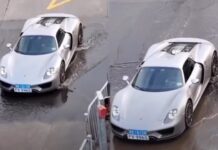

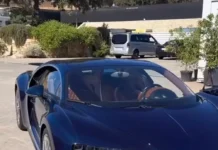
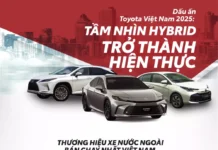




















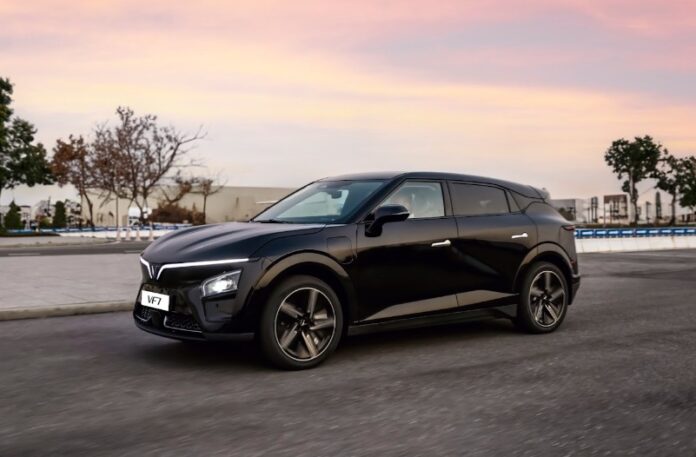
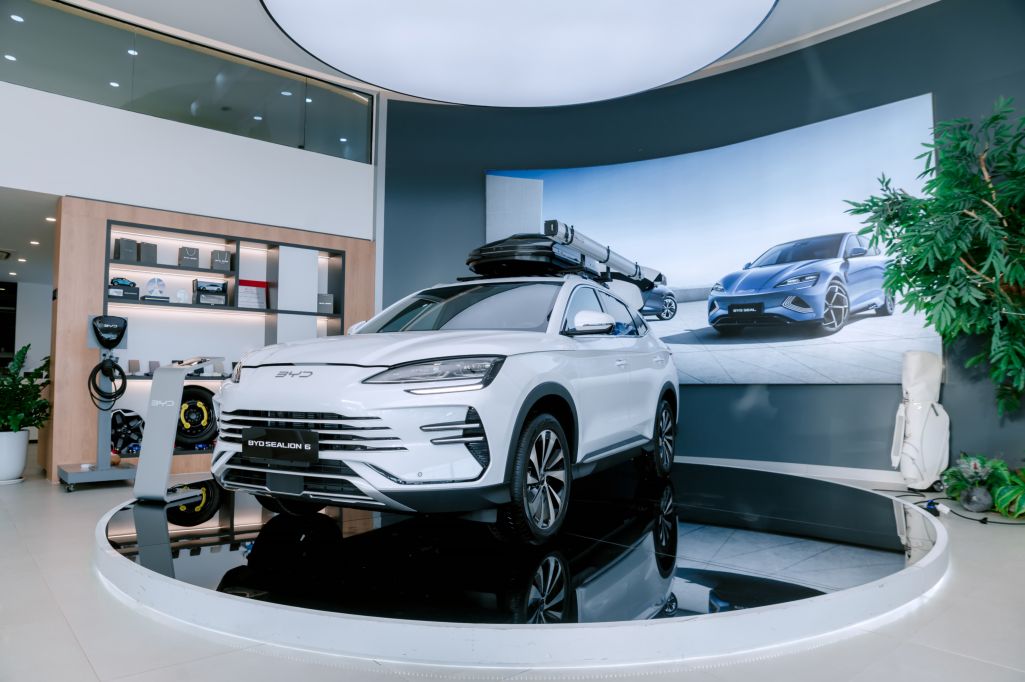
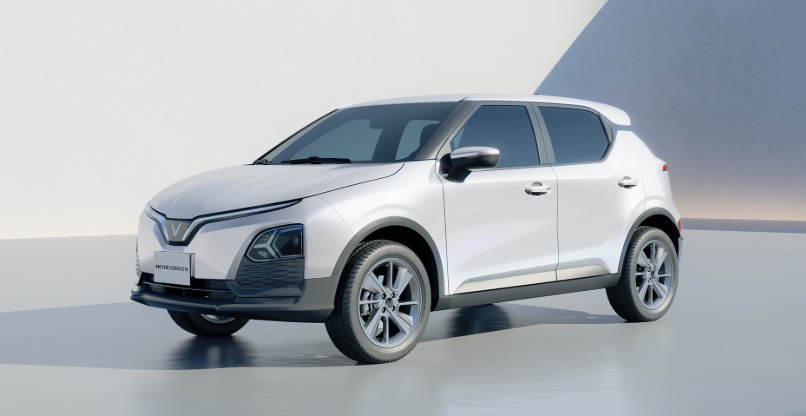
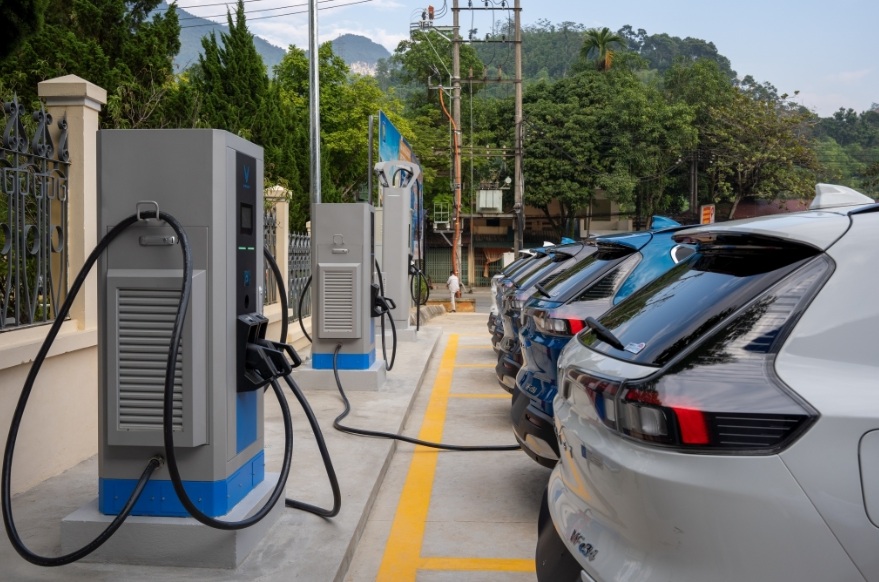
.jpg)

